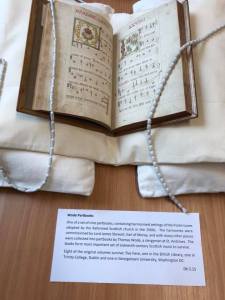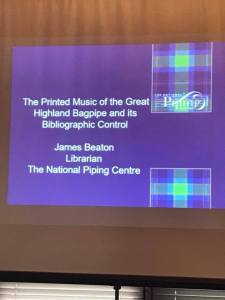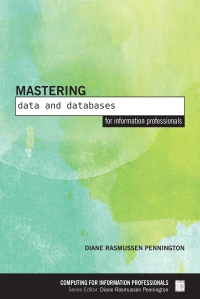I am so excited to announce that I have signed a contract to co-edit a book! Below you will find a call for chapter proposals. Please consider submitting a proposal, and feel free to circulate this call to your colleagues:
Book title: Social tagging for linked data across environments
Publisher: Facet
Editors:
Dr. Louise Spiteri. Associate Professor, School of Information Management, Dalhousie University.
Dr. Diane Rasmussen Pennington. Lecturer in Information Science, Department of Computer and Information Sciences, University of Strathclyde
Synopsis:
This book will explore how social tags can serve to link content across a variety of environments. Most studies of social tagging have tended to focus on discrete applications, e.g., library catalogues, blogs, social bookmarking sites, and so forth. Hashtags, in particular, can provide this level of linked data. Since hashtags are now used across different platforms (e.g., Twitter, Facebook, Tumblr, WordPress, Instagram), it would be interesting to explore the role of hashtags as a form of linked data without the complex implementation of RDF and other Semantic Web technologies; for example, a hashtag on a specific topic such as #PublicLibrariesInScotland could link to a conference on this topic, the research done by academics in the field, blogs from practitioners, newspaper articles, and so forth.
This book will explore social tagging behaviour. Most studies of this topic have focused on the types of tags that people assign to resources. Our interest is to examine how people interact with, and use, social tags to access and create resources and networks in linked environments.
It should be noted that, for the context of this book, the term “social tags” is used to include hashtags and geotags.
We welcome book chapter contributions centred (but not exclusively) on the following themes:
- Social tagging and the creation of social networks.
- The use and effectiveness of social tagging recommender systems.
- The role of social tagging in information behaviour activities.
- Social tagging behaviour in different domains.
- Semantic or syntactic stability of social tags.
- The role of social tagging in linked data applications and the Semantic Web.
- The use and re-use of social tags for information discovery.
- The role of social tagging in the formation of community networks.
Intended readers include practicing library and information professionals who implement electronic access to collections such as cataloguers and systems developers. Information architects and web developers would also have a particular interest in the book, as well as students in information management and cognate disciplines.
Submission Procedure:
Chapter proposal submissions are invited from researchers and practitioners. Proposals should be limited 1000 words, explaining the mission and concerns of the chapter and how it fits into the general theme of the book. Please submit proposals to Louise.Spiteri@dal.ca by June 30, 2017.
Timeline
Chapter proposals: Submission deadline: June 30, 2017
Review proposals & contact authors: By July 31, 2017
Chapters due: By September 30, 2017
Review of chapters: By December 31, 2017
Editing of chapters after review: By February 28, 2018
Submission of first draft to Facet: By March 31, 2018
Review of proofs & creation of index: By April 30, 2018




